Teachers say most kids will rebound from pandemic school year, but they'll need help
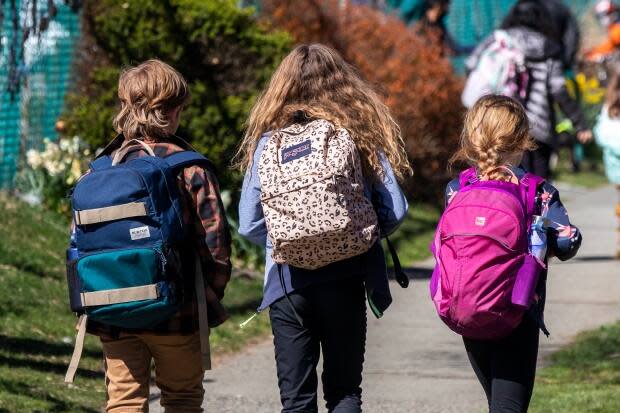
Schooling Under Stress: CBC News sent a questionnaire to thousands of education professionals to find out how they and their students are doing in this extraordinary school year. Nearly 9,500 educators responded.
A pandemic-marred school year is entering its final weeks and for many B.C. teachers the question now is how it will impact students, academically and psychologically.
According to responses to CBC News's Schooling Under Stress questionnaire from over 1,500 B.C. educators, including 1,100 classroom teachers, the long-term effects on students are a major concern and teachers badly want help so the pandemic does not limit their students' futures.
"Student needs are ever-increasing. There are more students displaying signs of trauma," wrote one B.C. respondent.
"I feel overwhelmed and I do not see things improving for next year."
Questionnaire sent to Surrey, Nanaimo, Kelowna
CBC sent the questionnaire to 52,351 email addresses of school workers in eight provinces, across nearly 200 school districts. Email addresses were scraped from school websites that publicly listed them. The questionnaire was sent using SurveyMonkey.
CBC chose provinces and school districts based on interest by regional CBC bureaus and availability of email addresses. As such, this questionnaire is not a representative survey of educators in Canada. None of the questions were mandatory, and not all respondents answered all of the questions.
Almost three-quarters of B.C. respondents to the questionnaire — sent to educators in the Surrey, Nanaimo and Kelowna school districts — somewhat or strongly agreed that with the pandemic school year experience in mind, some students will not catch up academically.
About half said fewer students are meeting learning objectives. Half said their students were a bit behind schedule and one-quarter said their students were far behind schedule.
Nine out of 10 agreed that the challenges of the pandemic year would have a psychological impact on some students.
"Worried for my students' well-being, learning and progress," another respondent wrote.
"I am doing my best and it is just hard seeing students stressed, their potential hampered with this pandemic, and joy limited."
CBC spoke to several respondent teachers who said that while some students may be permanently affected by the pandemic, most will overcome it.
They want more support for students and teachers so fewer slip through the cracks.
'Academics and mental health are hugely connected'
At Peace Arch Elementary School in Surrey, French immersion teacher Rachael Froese said academic problems were apparent back in September.
Most kids had been away from in-person school for about five months and skills like oral French were especially poor.
"We really had to work on that, especially at the beginning of the year," Froese said.
Most students were able to catch up but stress and anxiety, especially those from less stable homes, was common.
"Academics and mental health are hugely connected," she said.
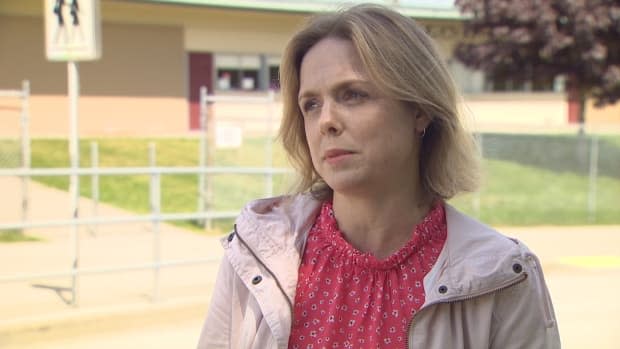
"They need to feel safe. They need to feel secure. They need to feel respected. They need to feel loved … if they're too busy trying to work out how to get those needs met they're not really able to be present in class."
North Surrey social studies teacher Mark Bomba said his focus, more than other years, has been preparing his high school students for university.
That and the demands of a sometimes-online, sometimes-in-person school year has meant students have had to mature quickly.
"We've seen some amazing students who are ... resilient," he said. "But it's also exacerbated a lot of problems."
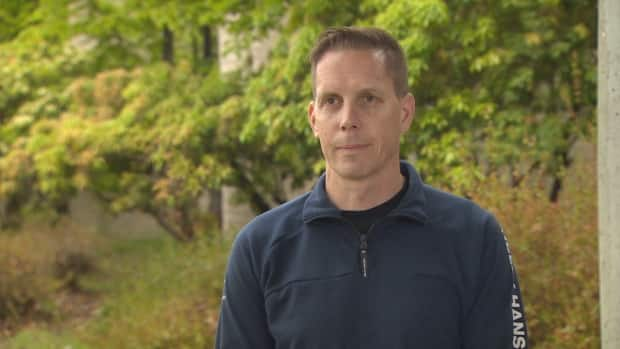
One of those problems is that he's not seeing some students in person.
Over two-thirds of CBC's questionnaire respondents agreed that some students have stopped coming to class entirely, which may lead to learning gaps going forward, especially for post-secondary ambitions.
"Some students you just don't hear from and nothing gets handed in," Bomba said.
Christina Smith, who teaches English and social studies online at Lord Tweedsmuir secondary, is also concerned about becoming disconnected from her students, especially because it's been more difficult to see who is struggling with their mental health.
"A lot of students that I have talked to are feeling overwhelmed with concerns about their family, concerns about their health, concerns about their learning," Smith said.
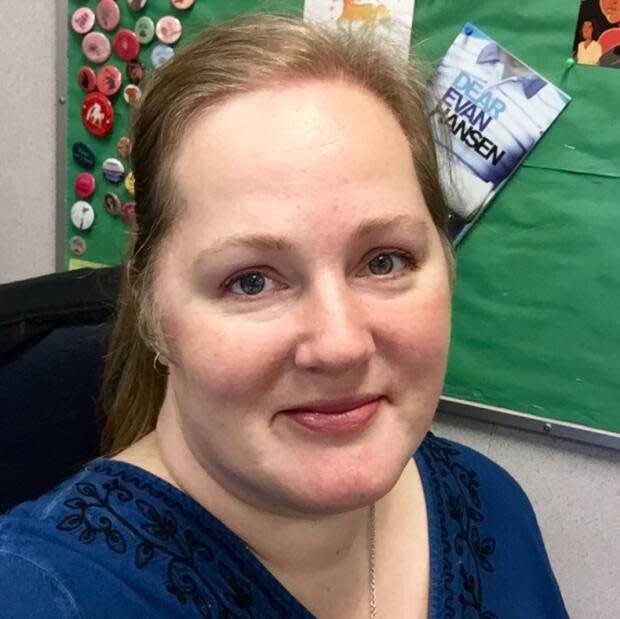
"They're really struggling to be able to manage a load that is, quite honestly, very difficult for adults to manage right now and that I think is going to have long term effects."
She's concerned that for some students, a poorer school experience now could lead to fewer opportunities later in life, less desire to pursue life-long learning and create less engaged citizens.
Minister evaluating needs
Froese, Bomba and Smith were optimistic most students would overcome this year's challenges but some — likely those already at-risk — might not.
The teachers want more support: counsellors to help students' mental health; support teachers to work with them on the gaps in their learning; and training and professional development for teachers.
Education Minister Jennifer Whiteside said she is looking at what gaps have emerged or become more pronounced during the pandemic.
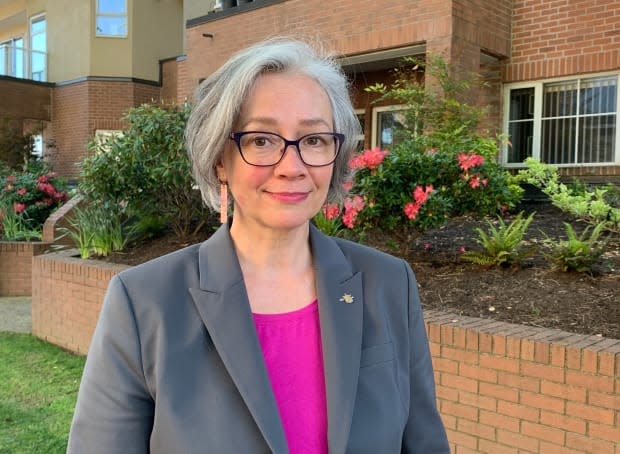
"There were pre-existing needs before COVID and we know that those needs will be likely increased as we try to return to a more normal state in September," Whiteside said. "We're certainly looking at what those needs are."
Discussions are ongoing for what summer programs and September will look like, she said. She highlighted $56 million in spending from the latest provincial budget for child and youth mental health teams.
Smith believes with more help for at-risk students, more will rise above this challenging year.
"It's not going to destroy a generation of children," she said. "Students are really resilient and teachers really care about them."
CBC Vancouver's Impact Team investigates and reports on stories that impact people in their local community and strives to hold individuals, institutions and organizations to account. If you have a story for us, email impact@cbc.ca.
If you're experiencing suicidal thoughts or having a mental health crisis, there is help out there:
In Quebec (French): Association Québécoise de prévention du suicide: 1-866-APPELLE (1-866-277-3553)
Canadian Association for Suicide Prevention: Find a 24-hour crisis centre

